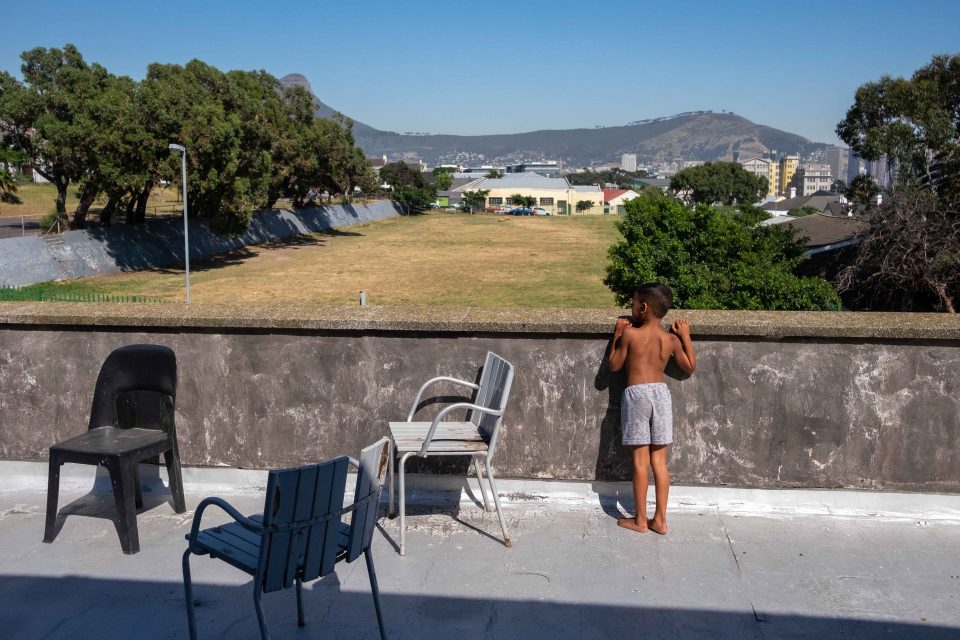Photo Essay | Tafelberg judgment gives activists hope
The court has set aside the sale of a Sea Point property and ordered local government to address spatial apartheid, injecting energy and hope into the Cissie Gool House occupation in Woodstock.
Author:
24 September 2020

On 31 August, tenant and worker movement Reclaim the City and not-for-profit trust Ndifuna Ukwazi emerged victorious after years of campaigning and litigation to stop the Western Cape Government from selling a 1.7-hectare property in Sea Point – known as the Tafelberg property – to a private buyer for R135 million.
In addition to setting aside the sale of the land, the Cape Town high court’s judgment says the City of Cape Town and the Western Cape Government have “failed to take adequate steps to redress spatial apartheid in central Cape Town”. It has given them until 31 May next year to come up with a joint plan on how they will address spatial apartheid in the city.
Karen Hendricks, the Woodstock chapter leader of Reclaim the City and an occupier of Cissie Gool House, described the court judgment as historic. Cissie Gool House is the former Woodstock Hospital that has been occupied by Reclaim the City.

“For the first time in postapartheid society, black workers in particular will have a right to live in [Sea Point] and to demand that the authorities develop social housing for them to be able to live close to where they work,” said Bevan Lucas, a Reclaim the City member and one of the house leaders at Cissie Gool House.
The Tafelberg judgment has left Cissie Gool House residents with renewed energy and hope. From its inception, the occupation has existed as a model for alternative housing in the inner city.
Staying put
Most of the occupiers were evicted from their homes in Woodstock and the surrounding areas, and the occupation has been an expression of their right to remain in the place they consider their home. This is despite opposition from the City of Cape Town, whose policies have effectively said that the evictees did not have the right to remain in Woodstock because of their socioeconomic circumstances.
The Tafelberg judgment, which commands the provincial government and the City to use the contested site to address spatial apartheid, affirms the right of the Cissie Gool House occupiers to remain in Woodstock as legitimate citizens. More broadly, the judgment also affirms Reclaim the City’s call for affordable inner-city housing.

Lucas, Hendricks and other Reclaim the City members will now embark on an internal programme of education on land and housing, which will allow them to engage with the City proactively on any possibilities that arise as a result of the judgment.
“I am proud of how we can now, after four years, sit down and look at other [housing] possibilities … in well-located areas like Woodstock and Sea Point, Camps Bay and the inner city itself,” said Hendricks.
“For now at least, there is an obligation for them to meaningfully engage with us,” said Lucas about the future of Cissie Gool House, “and recognise the organisation that exists in this space. I’m referring to how people have organised themselves and created spaces for participation in the building of communities within the occupations.”

Right: 17 November 2018: Zahir Jacobs adjusts the curtains in his home. Jacobs worked at a baby food factory for seven years until new managers took over and restructured the company. Since then, he has been working part-time doing renovations. He, his wife and their three children lived with five other families in Woodstock, all of whom were given notices of eviction.



Right: 20 October 2018: Shafiek Stout lights a cigarette while watching a football match between Manchester United and Chelsea.






